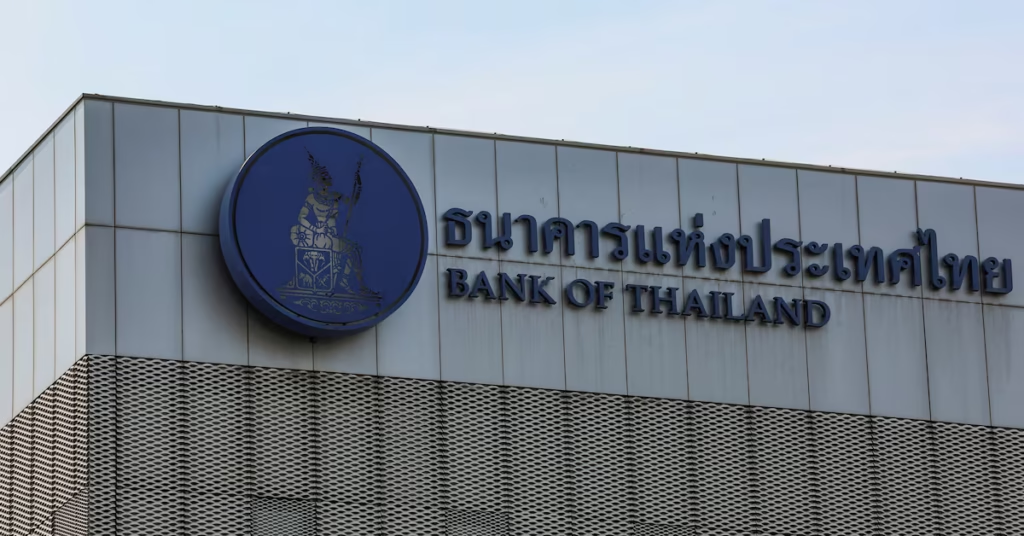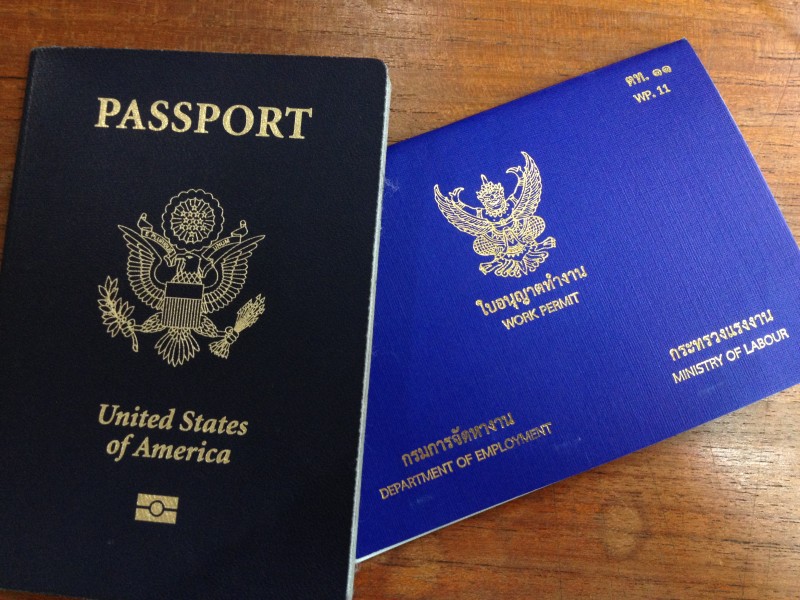Thailand has long been a top destination for those looking to relocate, thanks to its warm climate, vibrant culture, excellent food, and relatively low cost of living. While securing a visa for long-term stay has generally been possible, finding one that supports remote work was nearly impossible until the launch of the Destination Thailand Visa (DTV). This article explains how the DTV works, how to apply, and the tax implications of holding this visa.
What is the Destination Thailand Visa (DTV)?
The Destination Thailand Visa is the country’s first official remote work visa and one of the most attractive options globally. It is valid for five years, requires only a modest fee, and the qualifications are straightforward.
Applicants can qualify as remote workers, location-independent entrepreneurs, freelancers, participants in cultural or medical activities, or dependents of DTV holders. The only financial requirement is proof of a bank account balance of at least 500,000 THB (or equivalent in another currency).
Holders are granted 180 days per entry, which can be extended up to 360 days. Multiple entries and exits are allowed, but residents must report their address every 90 days. The first report must be done in person, while later reports can be completed online. If you stay fewer than 90 days, reporting is not required.
Since the program only began in 2024, renewal details will become available in 2029 when the first batch of visas expires.
Comparison with Other Visa Options
Thailand Elite Visa (TEV): The DTV is a more practical option than the TEV. It costs significantly less, permits remote work, and the application process is simpler.
Long-Term Resident Program (LTR): The LTR offers benefits such as a ten-year validity, tax exemption on foreign-sourced income, and annual instead of quarterly reporting. However, qualifying is much harder. For instance, remote workers must hold an employment contract with a major listed company or a private company with at least 50 million USD in annual revenue, which excludes most small business owners and freelancers.
Non-Immigrant Visas: If your long-term goal is permanent residency or citizenship, a non-immigrant visa is more appropriate. These visas are complex and best suited to those fully based in Thailand.

Banking Considerations
Some DTV holders have reported difficulties opening Thai bank accounts. Currently, work permit holders and LTR visa holders find it easier to access local banking. Fortunately, this is not a major issue. Most foreign debit and credit cards are accepted across Thailand, and mobile payment systems such as PromptPay can be accessed through international banking apps. Additionally, banks in Singapore and Hong Kong provide THB accounts with debit card access, and transfers between these banking systems are generally instant.
How to Apply
- Choose your qualification route:
- Remote worker, entrepreneur, or freelancer (provide contracts, registration documents, or freelance platform statements).
- Participant in cultural or medical activities (provide a letter from a Thai school or hospital).
- Dependent of a DTV holder (provide a copy of the sponsor’s DTV approval).
- Prepare required documents: Passport details, passport photo, proof of residence, and a bank statement showing a balance of at least 500,000 THB. It is recommended that your bank statement matches your residential address and local currency.
- Select your embassy or consulate: Apply through the one closest to your place of residence or, if none, the one nearest to your passport country address.
- Submit your application: File through the Thai E-Visa portal and pay the application fee. You do not need to be in the same country as the embassy or consulate when applying, but you cannot apply from within Thailand.
Once processed, your approval will be available through the portal. The visa is linked electronically, and immigration officers will issue the correct entry stamp upon arrival.

Tax Implications
If you spend 180 days or more in Thailand in a calendar year, you will be considered a tax resident regardless of your visa type. Tax residents are liable for Thai-sourced income and, in some cases, foreign-sourced income. Rates are progressive and range from 0 to 35 percent. Most crypto gains derived through licensed exchanges are currently exempt.
To avoid becoming a tax resident, many expatriates use the dual-base strategy, splitting their time between two countries and limiting stays in each to under 180 days. This prevents residency in either jurisdiction while maintaining a paper residency in a third country with more favorable tax laws.

